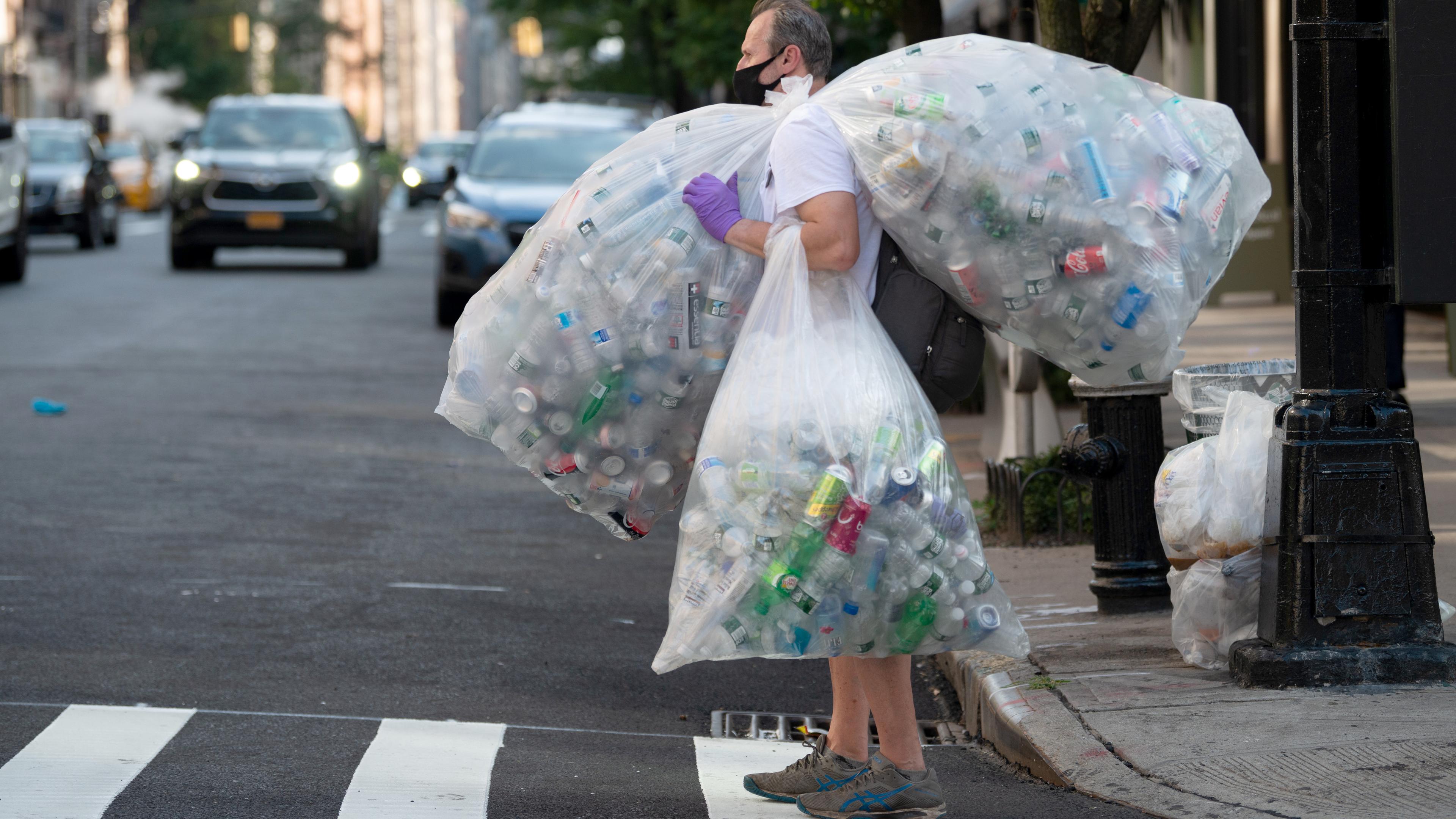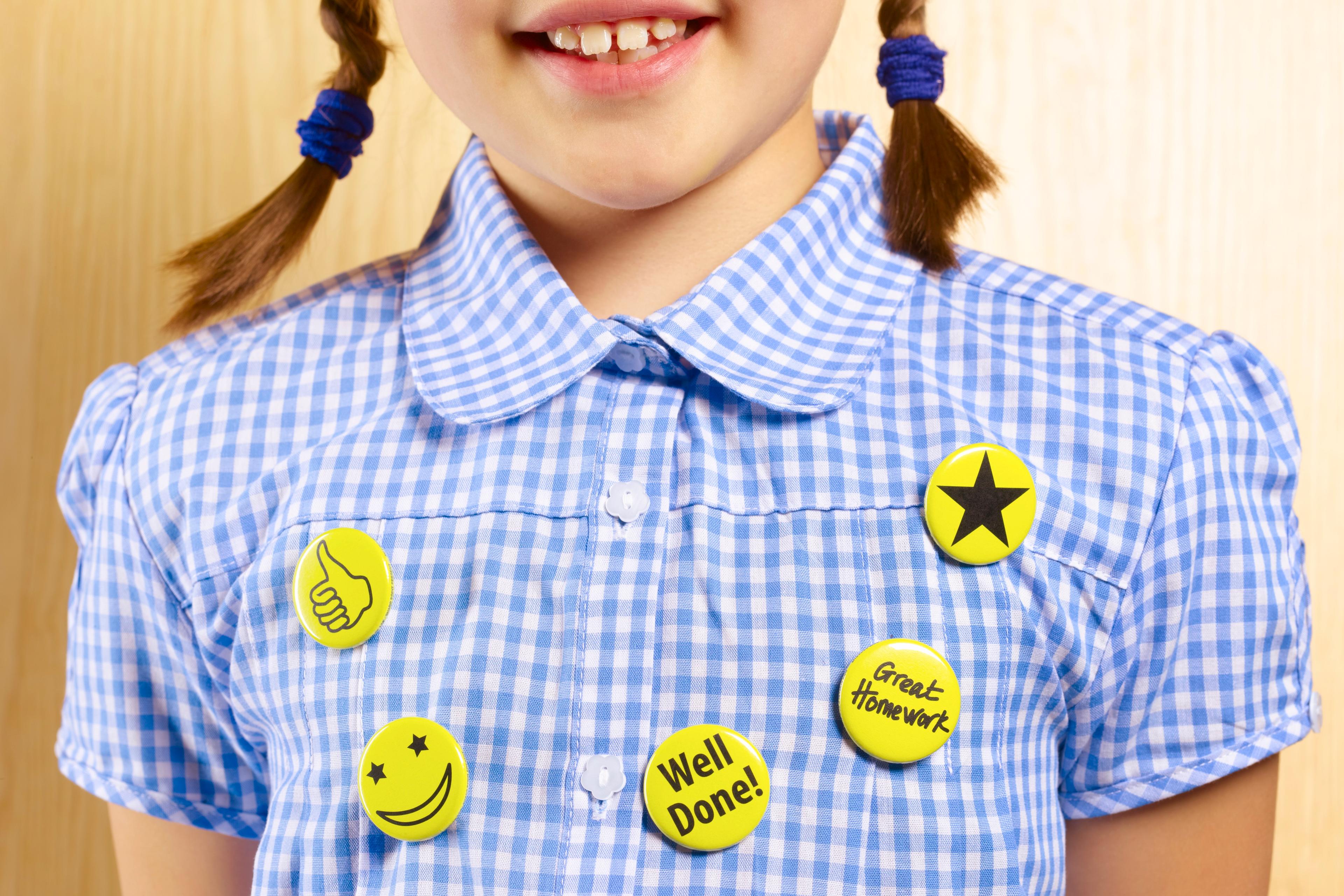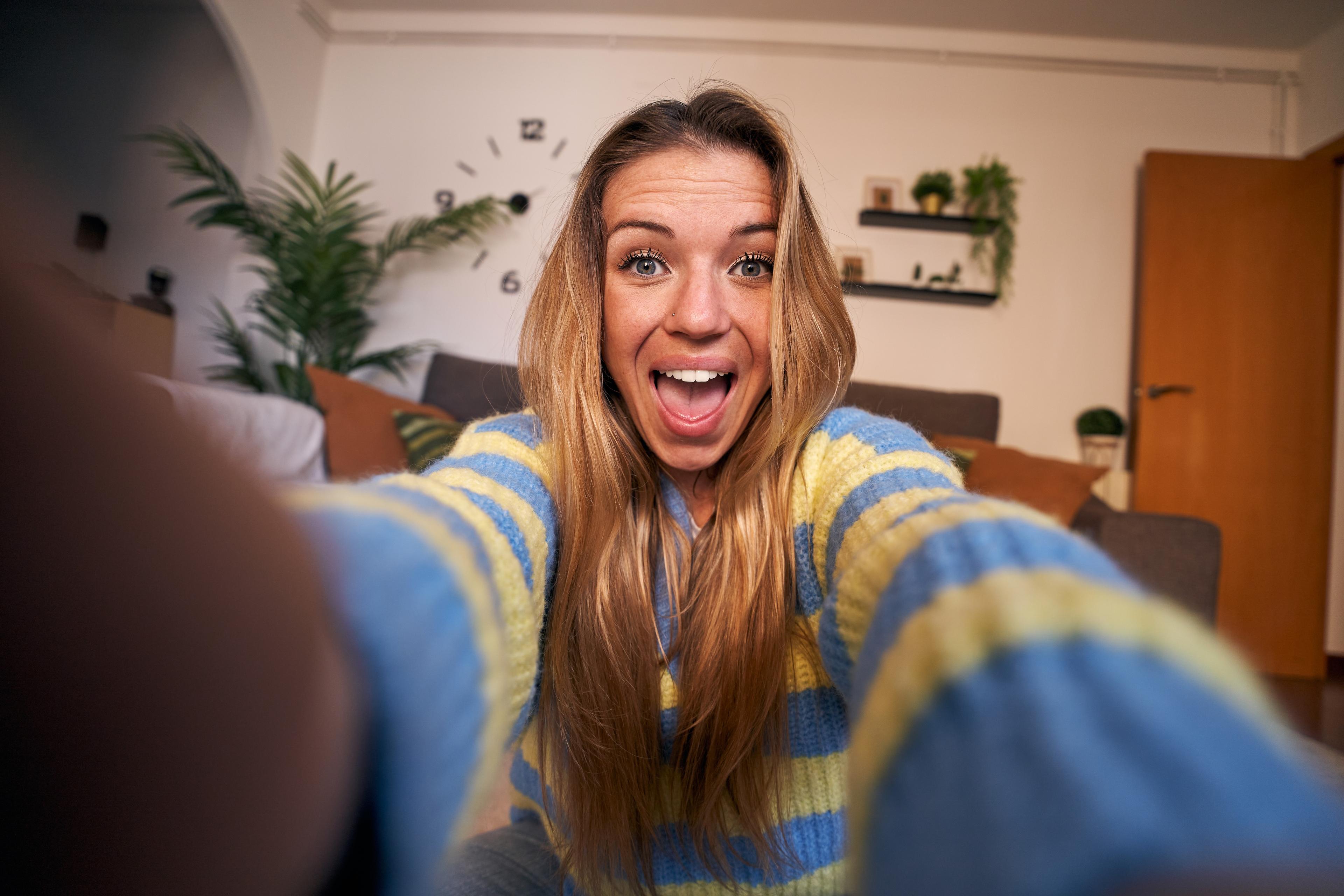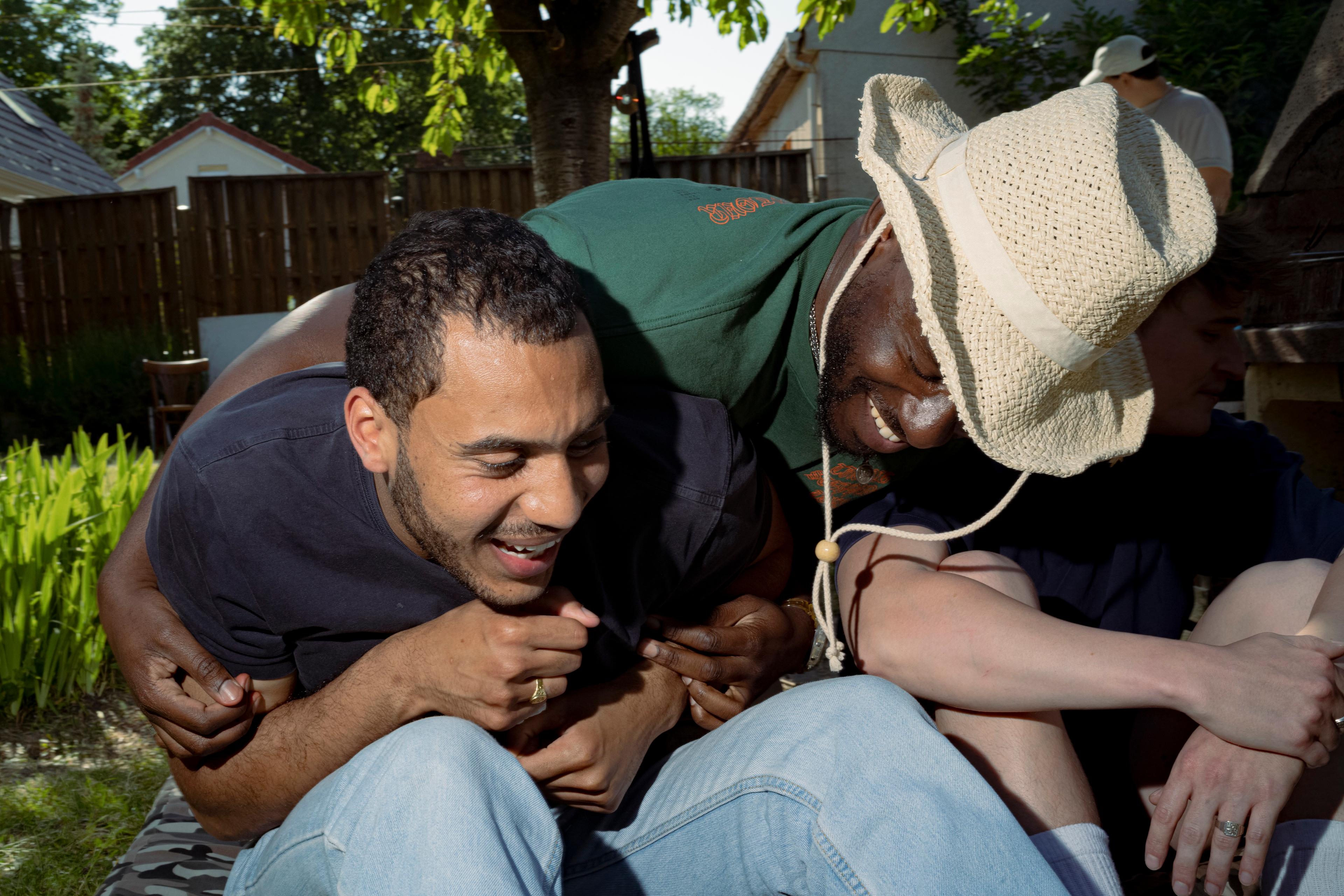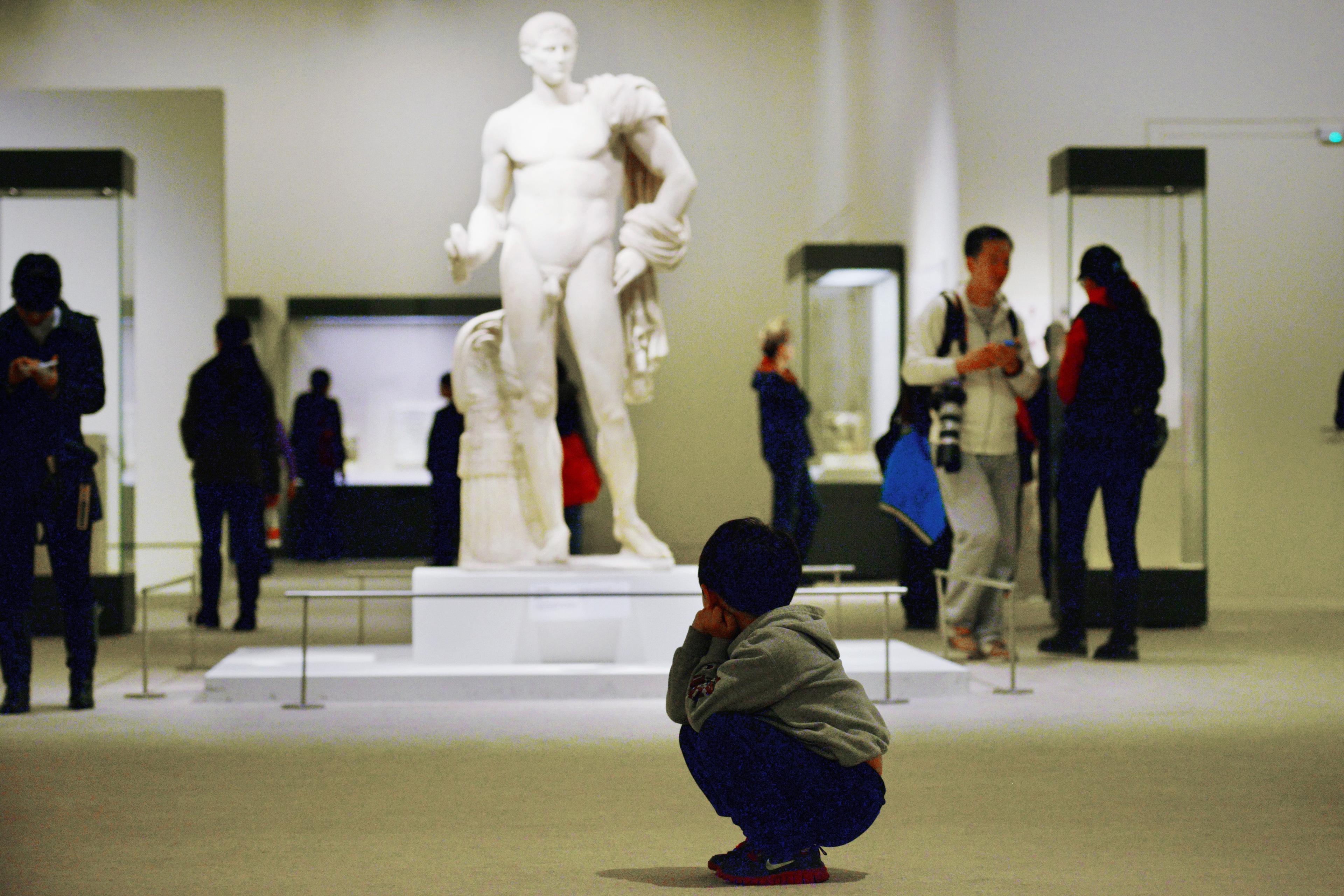Major global problems such as racial injustice or climate change often seem insurmountable. It’s hard to believe that our individual actions can make any real difference. Yet we know that many social dilemmas are overcome only through collective action. They call for people to make behavioural changes without any direct personal benefits – in fact, these changes often come at a personal cost. So what might motivate people to adopt such a ‘prosocial’ mindset?
Researchers have explored a range of answers to this puzzle. A central line of enquiry relates to emotions and self-perception. There’s a close link between emotions and behaviour: feelings motivate us to pursue goals, seek positive reinforcement and avoid punishment. But which emotional route is the most promising – to make people feel bad about their shortcomings, or to encourage them to have a positive self-image because they’ve done ‘the right thing’?
There are good arguments both ways. Guilt can be a powerful motivator for action; the feeling of wanting to ‘make up’ for something can lead to reparative action. On the other hand, feeling good about our actions and what they reflect about who we are can elicit positive emotions. These feelings can then provide us with the energy and mental resources to engage in difficult problems, or to ‘give to others’.
It’s important to distinguish here between guilt that arises internally, and guilt that’s externally induced. If we feel guilty about failing to recycle our plastics or adopt a vegetarian diet, we might be motivated to engage in reparative action. But if someone buttonholes us over dinner and tries to make us feel bad about our lifestyle choices, the picture might look very different; we might become defensive and try to justify our actions, which drives us further away from changing the way we behave. These scenarios then raise doubts about whether negative self-directed emotional appeals will be effective at promoting prosociality.
In a study that my colleagues and I conducted at Columbia University in New York, we set out to test the consequences of positive versus negative self-directed emotions. Participants were prompted to think about either how guilty they felt about non-environmentally friendly behaviour, or how proud they might be for acting to preserve the environment. They were then asked a range of questions, such as whether they would pay increased rent to have more energy-efficient appliances, how likely they were to take public transport, and whether they’d be willing to use reusable shopping bags and mugs. Those participants who had been thinking of how proud they would feel about themselves chose to have a higher number of energy-efficient appliances compared with those participants who had been asked to think about personal guilt. Furthermore, participants in the pride group expressed higher intentions to engage in green behaviours compared with those in the guilt group. These findings suggest that inducing people to consider positive rather than negative self-directed emotions might recruit more people to a climate-change mitigation agenda, and to prosocial behaviour more broadly.
This potential advantage – of appealing to positive emotions over negative ones – links up with what we know about human self-perception. Having a positive self-image about who we are and what we do is a fundamental human need. When we’re balanced and on good terms with ourselves, we are more energetic and have greater cognitive and emotional resources. By contrast, when we feel bad about ourselves, it’s much more difficult to be prosocial – especially if those feelings and actions aren’t geared towards friends and family, but a removed, impersonal ‘greater good’. Satisfying our important internal needs as emotional creatures can help us free up prosocial resources for others.
Research on self-affirmation supports this picture. In one study, we prompted one set of participants to engage in a self-affirming exercise. This involved reflecting on the values and behaviours that were important to them, and that they appreciated in themselves. Another group completed an unrelated exercise, describing the layout of the store at which they shop most frequently. This second ‘control’ group allowed us to quantify the effect of the self-affirmation exercise.
Both groups were entered into a raffle to win a $10 bonus, and were given the option to either keep the money for themselves or to donate all or a portion to a selection of charities with varying missions and beneficiaries. The ‘affirmation’ group reported feeling more positively about themselves and more at peace with themselves – and what’s more, these positive self-directed emotions translated into increased levels of charitable giving compared with those participants who had engaged in the unrelated exercise.
My colleagues and I were curious about whether the effects of a positive self-image would extend to more challenging contexts, such as when the beneficiaries of prosociality were members of a marginalised group. In a field study in Nigeria, we investigated how the public felt about enhanced social support for ex-prisoners. Like many other nations, Nigeria has high rates of recidivism. Social stigma means that those released from prison often struggle to secure jobs or have a supportive social network, which feeds into a cycle of reoffending. Interventions that reduce stigma and enhance social support can help ex-offenders to successfully reintegrate into society.
For the study, members of the general public in Nigeria were asked to engage in the self-affirming exercise prior to answering a range of survey questions. The results were striking. The self-affirmed participants showed more prosocial intentions and decreased discriminatory tendencies, compared with participants in the control group. They were more comfortable with having an ex-prisoner as their neighbour, for instance, and indicated stronger intentions to help an ex-prisoner whose employer was discriminating against them. They also expressed more willingness to invest personal time and effort to provide social support, such as participating in a tutoring programme for ex-prisoners.
Follow-up research in the United States replicated these results. Obtaining these findings in two studies and two different countries suggests that these effects can be generalised. The fact that a positive self-image can enhance prosociality doesn’t seem to depend on a particular culture but could be an intrinsic part of human behaviour more generally. Feeling good about ourselves doesn’t just enhance individual wellbeing by fulfilling a fundamental human psychological need; it can also translate into acts of kindness towards others, for the benefit of society at large.
A positive self-image can create a flywheel effect, in which the resulting prosocial behaviour sends a social signal to others. If others discriminate less, we are less likely to do so; if people in our social groups recycle more and watch their carbon footprint, we are more likely to do so. Getting a critical mass to ‘join in’ and acknowledging problems can, over time, help to shift norms – which are drivers, not just inhibitors, of human behaviour.
The potential of positive self-directed emotions has largely not been embraced by activists. The worry could be that it might make those engaging in the cause appear self-satisfied or selfish. But these studies suggest that, instead of focusing on ‘doom and gloom’ messaging that zooms in on people’s shortcomings and risks alienating them, policymakers and strategists might find that positive messaging, speaking to people’s positive sense of self, might be a more powerful lever of behavioural change.
